

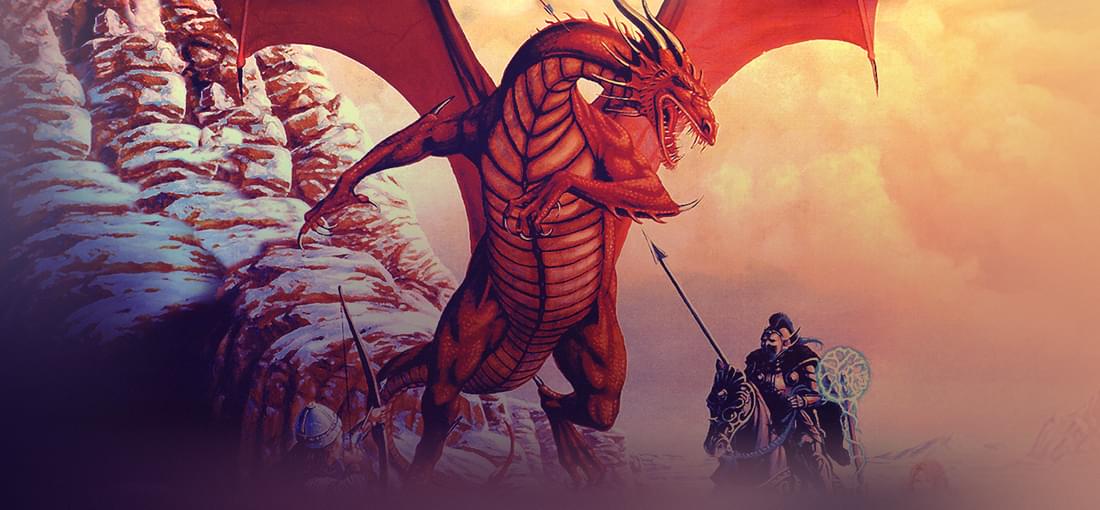
Since these games seem to be divisive I'd first point out that if you've never played them, your enjoyment will hinge on if you love old school blobber RPGs. M&M1 was a fresh game alongside Bard's Tale and Wizardry, and each of these had pros and cons over each other but they've all definitely aged. Recently my friend and I did a "revenge" play on the first game since we never beat it as kids. It's definitely the weakest of the series but worth looking at if you want to see where design tropes in CRPGs started. But you'll need to take notes and make maps if you don't use a FAQ. MM2 really picked up with smarter design and much more colorful graphics, an auto-map, and more descriptives. It's probably still a little too retro for a lot of people, but it's very rewarding if you get into it. MM3, 4, and 5 are the most well-remembered games and I won't spend too much time explaining. These are the games you're here for, probably. The story in 1-5 is well in the background, and is a chaotic hodge-podge of fantasy and sci-fi with more Star Trek references than you'd think possible. It's also clearly made up as it goes along, but is rewarding to watch come together. MM6, 7, and 8 are the next generation. Grid-based movement is tossed in favor of something closer to FPS controls, though there's still a rough hybrid mode that sort of simulates turn-based combat (this was a moment in gaming, they tried the same thing in X-Com Apocalypse.) Environments are in 3D while enemies are pixelly sprites. The story wrapped up in 5 is gone, though often referenced. There's still a big world, though it's now chunked into sections that both help define difficult areas but also makes things a bit more confusing to navigate. The auto-note system is now very robust. Dungeon designs are often incredible. And yet these later games do wear the player down. Bigger resource requirements bring out the repetitiveness, and I never finished any of 6-8. I try once in a while, and one day...
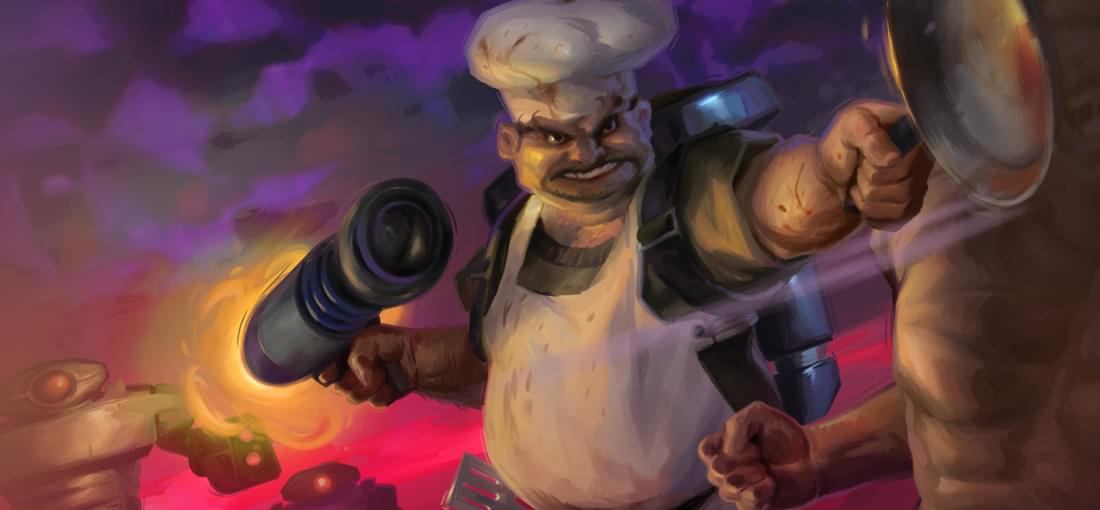
I can't speak to the extra elements as I'm speaking from memory of the 3DO version, but PO'ed was a big game with big ambitions and limited means. It actually handled fairly well and looked great compared to the other FPS games on the 3DO, half of which were botched ports and half were similarly weird, experimental titles (Iron Angel of the Apocalypse, Immercenary.) You also had dull Doom clones like Escape From Monster Manor, but catch me some other time if you want to hear about that atrocity. See, in 1995 the FPS was a fresh genre, so people were constantly trying to anticipate where it might go next. Immercenary was one of the first to have a wide open world map, and PO'ed tried to get away from tunnel gameplay by making mind-shearing levels you had to explore with a jetpack. The results were usually interesting but full of the kind of mixed bag hit-and-miss design you'd expect. In the case of PO'ed, you're treated to equal doses of frantic, flight-enhanced combat with enemies swarming you from literally every direction, but also an equal amount of confusing backtracking and getting lost in these insane levels that were often as tall as they were wide. And keep in mind, when I praise the controls, I'm comparing it to other 3DO shooters. They didn't come close to beating Doom or Duke. You can get good with the controls here and have a lot of fun, but you can also slip up and wobble around a little too often to call this a great game. Plus, it really was a personal project that got a full game treatment, and can feel unfinished. PO'ed was also a funny game, if psychedelic weirdness and non-stop farting is your bag. I'm not judging, I ate it up as a kid. It was a good contrast to the (admittedly corny) seriousness of mainstream shooters. My recommendation, which I will follow, is to wait on a sale. PO'ed is a worthy curiosity, especially if you want to see the path not taken in FPS games. Wouldn't mind seeing a bundle of this, Iron Angel, and Immercenary.
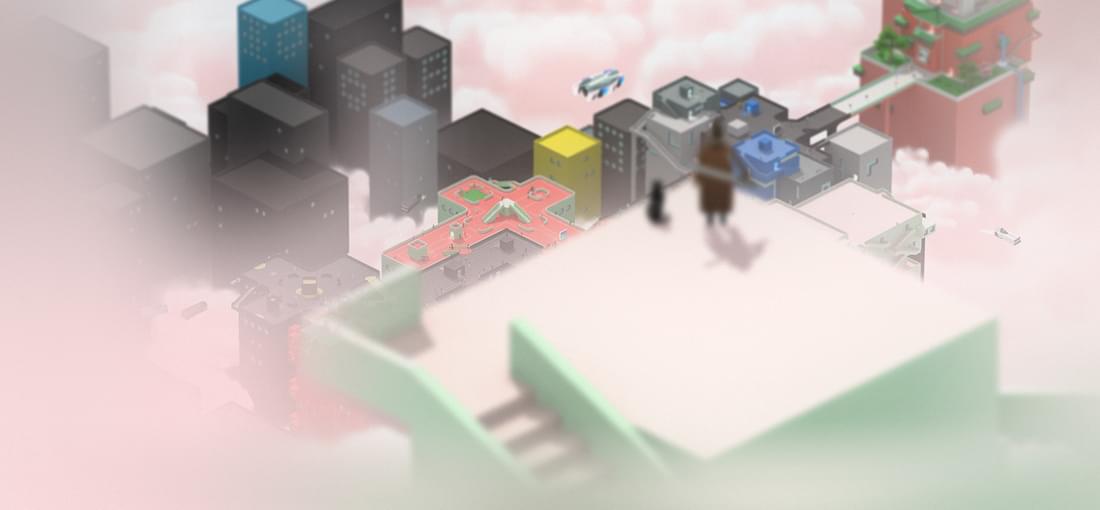
The game really is gorgeous, with a unique aesthetic sense. It's cyberpunk, sure, but with a palette and style that puts it apart. The music is highly appropriate to the visuals, with a lot of soothing synth. The gameplay is... basically acceptable, but without depth. Your fifth hour won't be much different from your fifth minute. The game really wants to be the next Syndicate, and that's a great goal, but you have to build on your core gameplay. The game attempts to change things up with mandatory sniping levels and escalating difficulty, and to be fair some of this works on a basic level. But often the difficulty is either an insane spike that feels arbitrary, or is easily cheated around. The story is the worst part of the game. Games need some level of context to get a player involved, so a bad story can often be forgiven so long as it just provides an understanding of why goals are important, but you can't do this; The story is wholly dictated by gameplay mechanics. The reason you respawn, the reason you're going around killing people, all of it. Somebody made an engine and then justified everything in post, is what it feels like. And when the player gets that feeling about two seconds after being introduced to it, it breaks the minimal amount of immersion you need to establish. Characters don't fare much better, as they're almost all an identical, pragmatic-psychotic archetype. Everybody has a similar "ends justify the means" sort of attitude, which might leave you questioning how each of them arrived at radically different outcomes. This is a disappointing game overall, but it's basically playable rather than being outright bad.
Jack Orlando was cheap and looked colorful, so I bought it back in the big box days and took it home. Two stars feels just a little bit low, but three stars would definitely be too much to award this game. It has the look and feel of an adventure game, many of the expected tropes, but it feels like it was designed by aliens and published by Google Translate. I recall standard puzzles, pixel hunts for lots of items, and unclear outcomes for too many items to interact with. I remember an uneven setting that felt decent enough at first, but then suffered repeat invasions from completely outlandish settings; a medieval-looking dungeon springs to mind as one weird detour. And a room full of adventure game tributes that belong in a fan game, not something you could get for ten bucks at Walmart. The voice acting also felt weird. Not good, not terrible, but incredibly mismatched between performer and character. It was constantly distracting. If you've played absolutely everything else and can't find the download for Out of Order, maybe this game will have some limited utility. Otherwise, it's just a weird footnote in adventure game history.
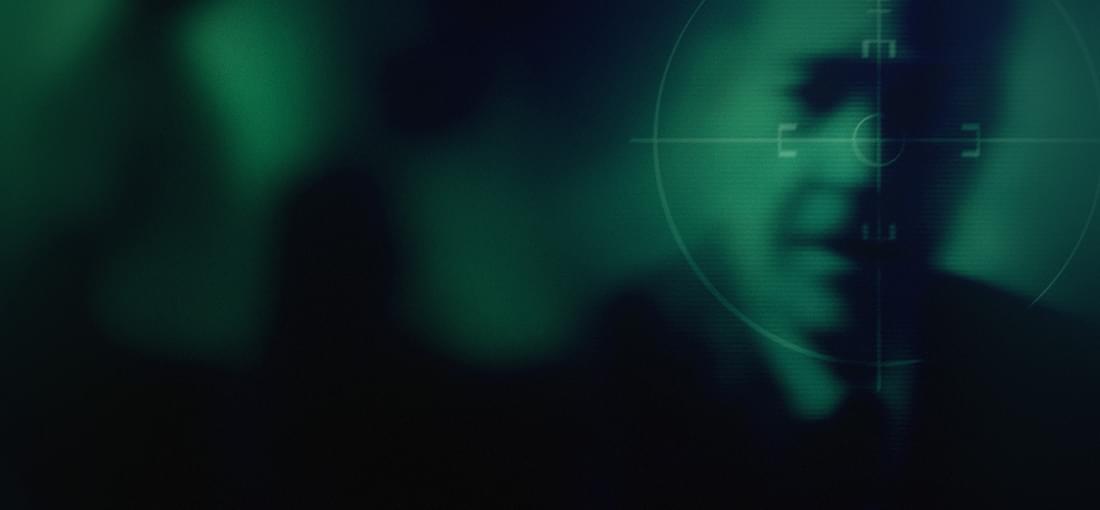
The experience of Spycraft is, on the surface, largely familiar if you've played any other game where you float through hallways and occasionally watch a short film clip produced and starring a few people in an office, usually from Chicago. You have to pay attention, gather clues from dialog and visuals, and put together the pieces of a logic puzzle that they all lead up to. The difference is that Spycraft is based, lovingly and reasonably faithfully, to actual spycraft. A lot of material from the CIA manual (parts of which are public, look it up!) and theory relevant to the trade in the waning days of the Cold War's aftermath are front and center here. Of course, that means you're shown a rudimentary digital camera with a giant hard drive and expected to be wowed by it, but let's move past that. Sometimes that even makes for a great game. Take, for example, the fine detail of having to keep track of other spies, some of whom might be turncoats. They give themselves away, but only subtly, and often with little room for you to act on the realization. Other times, you have to be the rat, taking advantage of a lapse in somebody's attention to investigate their things, or even perform a tragic double cross. The game doesn't let you negotiate with its morally grey areas, which is both interesting and one of its downfalls. The ending has a tough decision for you to make, but it's presented as a binary when the reality could go in half a dozen directions. It doesn't quite feel in tune with the rest of the game. This feels, somehow, forgiveable. Video doesn't let you have too much flexibility, so we'll allow it this time. The ride you take getting to the end is sometimes tedious (you'll learn why terrorists demand non-sequential bills,) and sometimes exhilirating. When you navigate a puzzle on your own, it feels great.
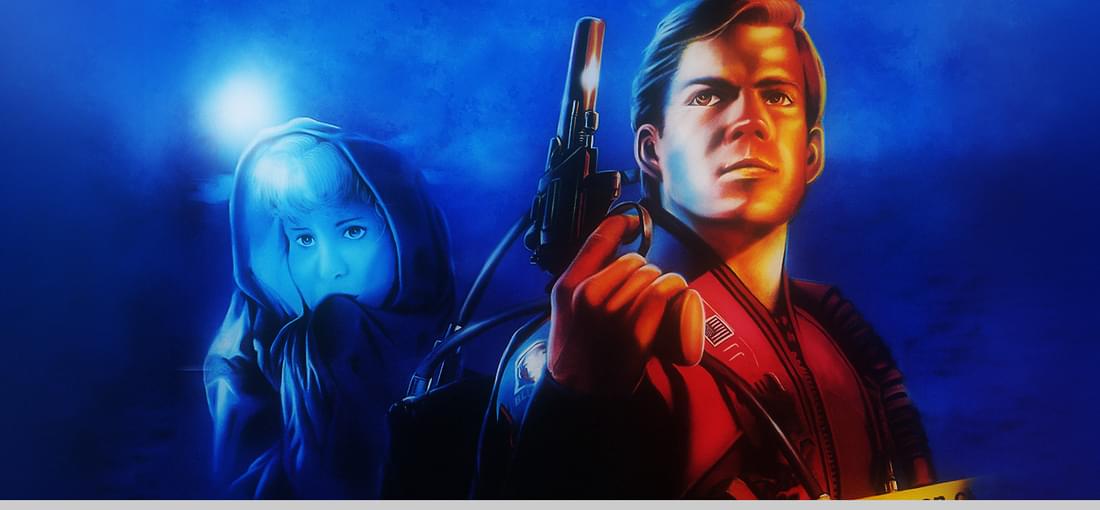
I'm basing this on my memories of playing this as a kid, but I don't remember being as mortally offended by its existence as others. In fact, parts of the game had a limited charm. It starts off with a heavily-obscured copy protection scheme when you join a beach volleyball game and then have to use the manual's CPR guide to save a dude's life. You putter around in paradise, have a submarine mission with a woman (that's a euphemism,) who vanishes the next morning and is probably a spy if you play far enough, which I did not, and get called in by the military brass for a submarine mission (that's not a euphemism.) It's recognizable as Sierra's middling days. You walk around, you have rudimentary conversations, you pick this up and use it with that. Sierra's art and music department squeeze what they can out of 16-color displays and Ad Lib sound boards, in that special Sierra way that nobody else could. After this, the game gets a bit less interesting. You can anticipate having fewer areas to explore when you're confined to a sub, as well as a limited selection of characters who are either extremely bland or outlandishly archetypal, but the twin troubles of a gambling minigame and a near-indecipherable submarine combat section tanked the game for me. Maybe it was my pea-sized and pear-shaped kid brain, but I couldn't figure out what the combat section wanted me to do. I abandoned the game there and never went back. Recently, a friend and I bought the Might and Magic pack to have a revenge play of the first game, which was a bully to us in our youths. I bring this up because I can't imagine going back to this one in the same manner. We had our summer, Codename: Iceman, and it is now over.
I adore this game, but fair warning; the difficulty is punishing and the learning curve is obscene. The early part of the game is spent swearing, reloading, slowly figuring out how things work, and eventually working through levels like a pro. No kidding, at first it feels absolutely impossible to actually play the game, and the sequels do a lot of work to make the game mechanics more visible. But if you love Satan's own challenge, start here. Use your traps, advance carefully, have iron patience, and wait for the ambient sounds of war to mask your shots. By the end of the game, if you get the hang of it, you'll find it rewarding.


So first off, you can't actually flip houses over, which is the whole reason to buy a game. Instead, House Flipper is a simulation of purchasing a beater home, fixing it up, paying off squatters or calling in the SWAT team to murder them under false pretenses, circumvent affordable housing rules, redlining the neighborhood, encouraging the saturation of neighborhood paranoia through Ring devices and mutual surveillance, and ultimately driving property values up through the time-honored tradition of cultivatting a robustly xenophobic Nextdoor presence. The hidden ending where American Gladiators gets a revival on Hulu is an unexpected cherry on top.
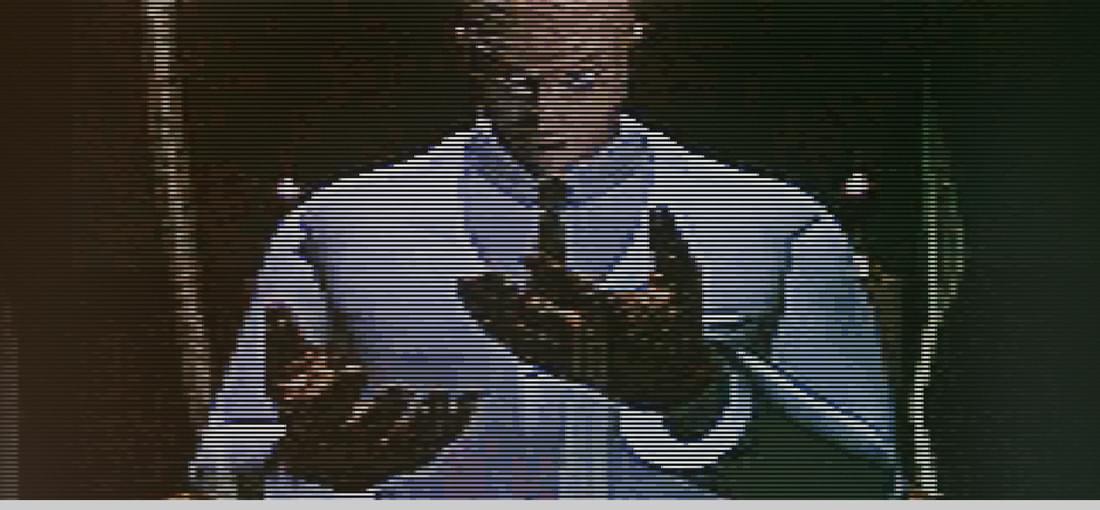
I'm basing this review on my memories of owning it on the 3DO. And bear in mind; four stars is a very weighted review based on the fact that this came out before even Resident Evil 1. It was unique, brutal, and thoroughly creepy, but at the end of the day it was an experimental FMV adventure, so modern context isn't nearly as kind to it. D was somewhere between an adventure game and an interactive cinematic. It had a forced runtime of two hours, since that was your time limit and there were no saves or pausing. You played the game, and there was one way through. If that appeals, go ahead and buy it. If it intrigues slightly, you can get the full effect by watching a Youtube playthrough in the dark. And honestly, even at the time the game's genuinely shocking horror was dulled by the incredibly mid-90s voice acting. It's pretty weird that it's extremely quotable for just the main villain rhythmically chanting your character's name in the most awkward cadence possible. Though this weakness actually does add to the weird vibe of the entire game. Mildly spoilery digression: I will always fondly remember having to take a key from a corpse's stiff hand, with your character banging the arm on the ground to booming, baroque music. The mere concept is transgressive as hell, and was wonderful in action. Progression is simple and the few puzzles in the game are easy enough to figure out. I don't remember if it was even possible to die, short of waiting out the two hours or failing to take action in the very last scene. For archivists and nerds like me, it's worth looking into the life the game's creator, the late Kenji Eno. He was an interesting guy who did some interesting things, and his legacy is small but very important.
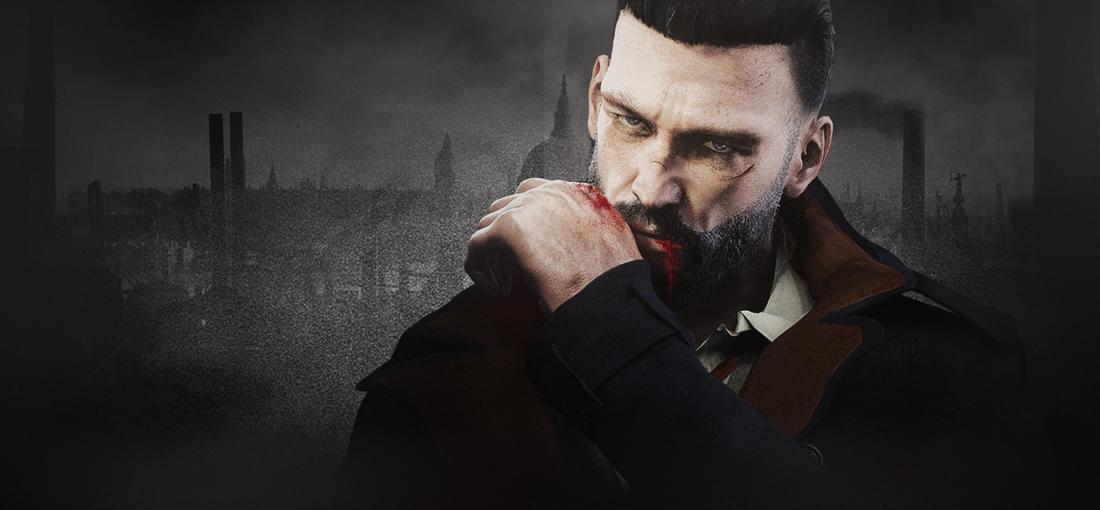
NOTE: I'm reviewing the PS4 version. Vampyr has an interesting enough premise, a good immediate setup, and probably one of the greatest visual representations of a decaying urban cityscape. To that last point, my imagination was doing a lot of work filling in the foul smells that must have gone with the rotting timber and constant cesspools that lined the streets. That's no small accomplishment in design. The game plays out pretty roughly, but is somewhat nostalgiac of earlier RPG-action hybrids, and while it's a bit touchy and fairly glitchy, it holds the interest for quite a while. Of course, this assumes you want a slow burn and steady buildup. Best of all, Vampyr's morality system actually does hamstring you for taking the moral high road, slowing your progress and making the game much more challenging. Unfortunately, this is also where it starts to fall apart. Difficulty spikes abound when you play this way, and progress fizzles too often as you churn out minor victories and super slow XP buildup to overcome the stalled boss or similar challenge. Going in circles, patrolling for the same set of irritants to wipe out over and over again. Egh. I like to play to as much completion as possible, and that killed this game for me. Ultimately I only made it about 60% of the way through before giving up, without regrets. Will I return to it? I doubt it. But I enjoyed the time I spent with it, and if you can get it on sale, it's probably worth it.